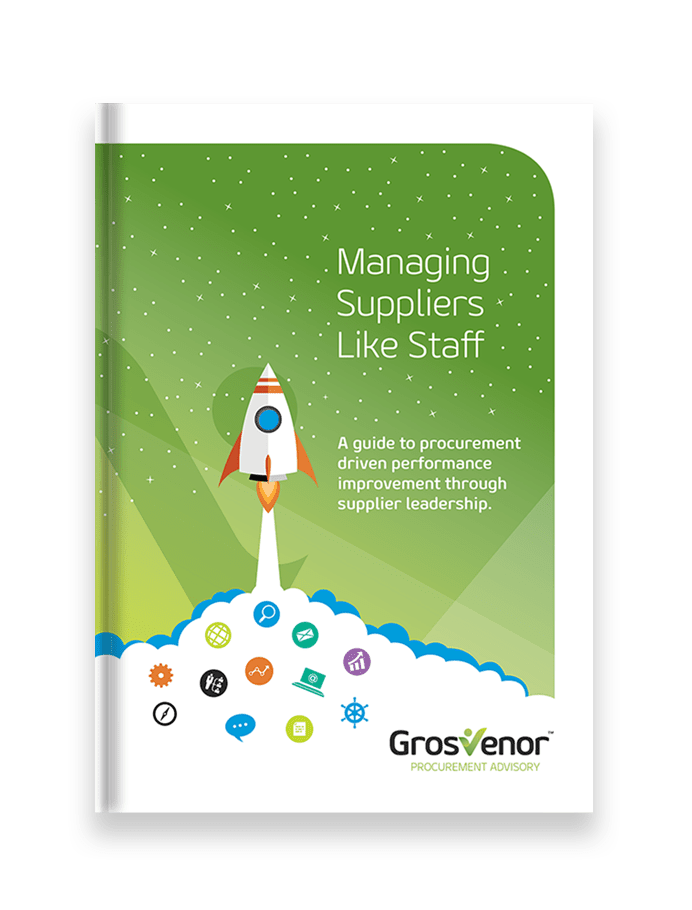Building a relationship with your suppliers

You’re a great team leader, right? Your staff respect you, and you them. Let’s look at the way you work with your staff and see how we can transfer your success there to success in the procurement field.
Finding ‘the one’
Imagine this scenario for a moment: you advertise for staff, accept the resumes at face value and don’t’ do any due diligence.
Consider the debacle you’d be likely to experience if this situation was your reality.
But of course, this is not your reality. Instead, you meet with favoured candidates on a number of occasions before making your hiring decisions. You want to have a more comprehensive view on what they offer, how they’re likely to fit into your organisation and what their values and ethics look like. This process allows for a more solid fit as potential employee and employer can begin to understand their shared and divergent objectives. As a result, the relationship will be more successful.
You want a mutually beneficial relationship marked by longevity with your new supplier.
Why wouldn’t you apply the same kinds of strategies?
Meeting with potential suppliers, finding shared goals, understanding all their attributes, not just the ones which you think you need, and developing the concept of how you might engage in a mutually beneficial relationship are all useful tools.
Day one of ‘the one’
You have your new employee, carefully chosen after a series of checks and meetings, and now you are making sure they transition well into their new role and work environment. Right?
There’s an induction process which has been refined so that each person working within your organisation has the same understandings of protocols, business objectives and organisational structure, and can also find their way to the coffee machine, the bathrooms and the IT team.
But what do we do with our new suppliers? Turns out many of us, after ‘hiring’ a new supplier, just leave them to get on with things. Imagine if that was how we treated our staff! They would become disengaged in no time.
What next?
We treat our staff with respect, we incentivise them and provide ongoing training and support. We give immediate feedback and regular performance reviews where progress is measured, new goals are identified and pay increments are detailed. Our communication is often face-to-face. We have events and opportunities to network and socialise. We probably even throw a party or two.
So why – given we are managing our staff very carefully – do we fail to implement similar strategies when it comes to managing our suppliers?
Some of the behaviours our suppliers are accustomed to from us are being ignored, getting negative feedback only, waiting for payment, being financially penalised for underperformance and not having their calls returned.
Three-quarters? Really?
Yes, let’s go back to that figure again. We’ve mentioned it in previous blog posts and it’s worth reiterating. Three out of every four dollars expended in your organisation may well be going to suppliers.
How about we start treating suppliers as well as we treat our staff – with respect, clear lines of communication and incentivised feedback?









 We are all about sharing our expertise to help you and your organisation be the best it can be.
We are all about sharing our expertise to help you and your organisation be the best it can be.